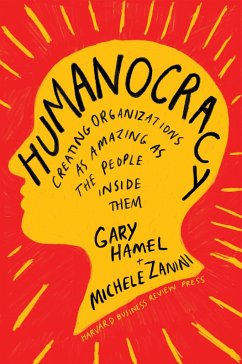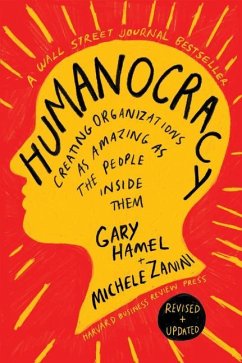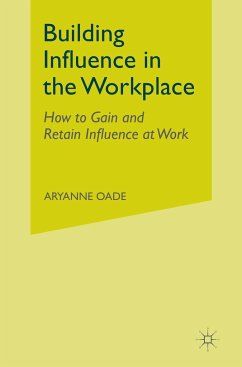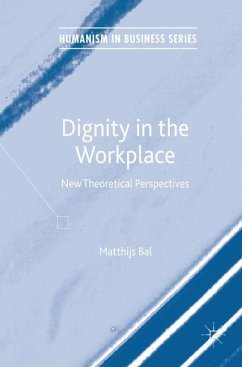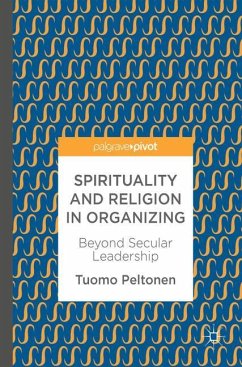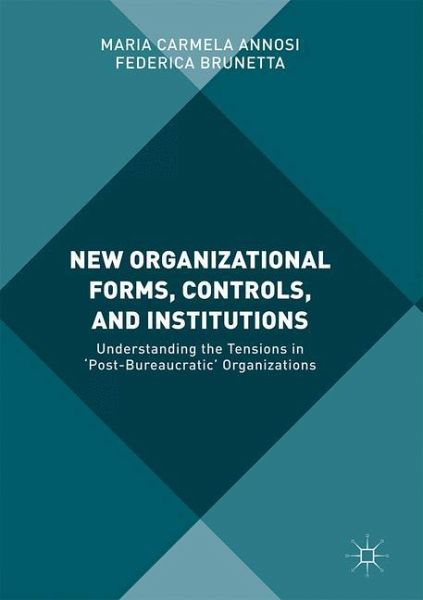
New Organizational Forms, Controls, and Institutions
Understanding the Tensions in 'Post-Bureaucratic' Organizations
Versandkostenfrei!
Versandfertig in 6-10 Tagen
106,99 €
inkl. MwSt.
Weitere Ausgaben:

PAYBACK Punkte
53 °P sammeln!
This book highlights the growing number of 'post-bureaucratic' firms that are abandoning hierarchical organizational forms in favor of self-managing teams. Addressing the need to outperform, these new organization types foresee the benefits of an organic structure with new and more indirect forms of control, and aim to coordinate the activities of highly-skilled workers without relying on a bureaucratic superstructure. The chapters explore the tensions that exist between external and internal institutional forces. As new forms of control strategies emerge, mostly value-based, this book account...
This book highlights the growing number of 'post-bureaucratic' firms that are abandoning hierarchical organizational forms in favor of self-managing teams. Addressing the need to outperform, these new organization types foresee the benefits of an organic structure with new and more indirect forms of control, and aim to coordinate the activities of highly-skilled workers without relying on a bureaucratic superstructure. The chapters explore the tensions that exist between external and internal institutional forces. As new forms of control strategies emerge, mostly value-based, this book accounts for the cognitive categories, conventions, rules and logic that should be integrated and combined with traditional forms of managerial controls in order to enable co-existence with established bureaucratic frameworks. This book will be of interest to academics in the fields of organizational behavior and innovation management, and also practitioners and managers aiming to shift from atraditional hierarchical structure to post-bureaucratic forms.





